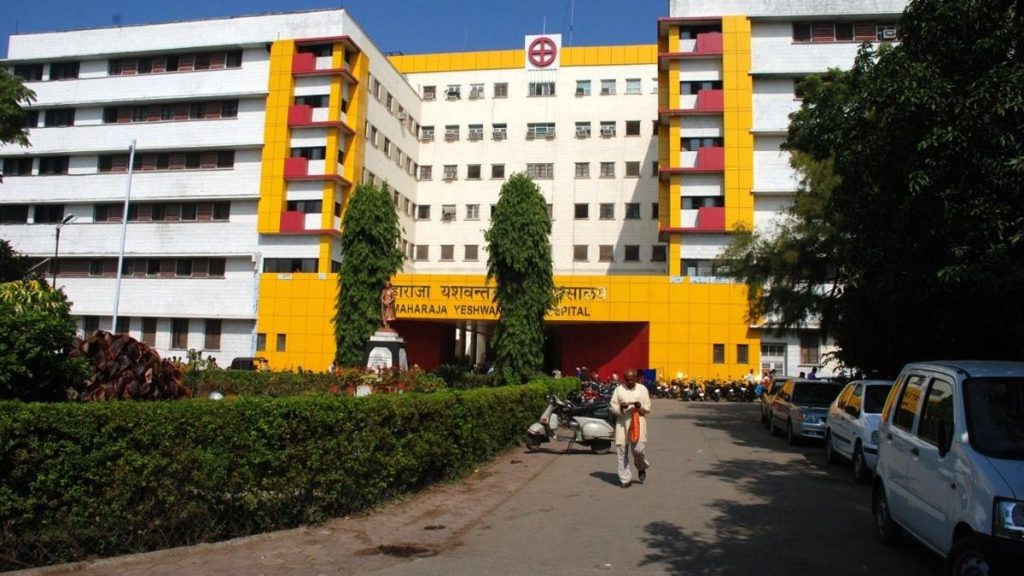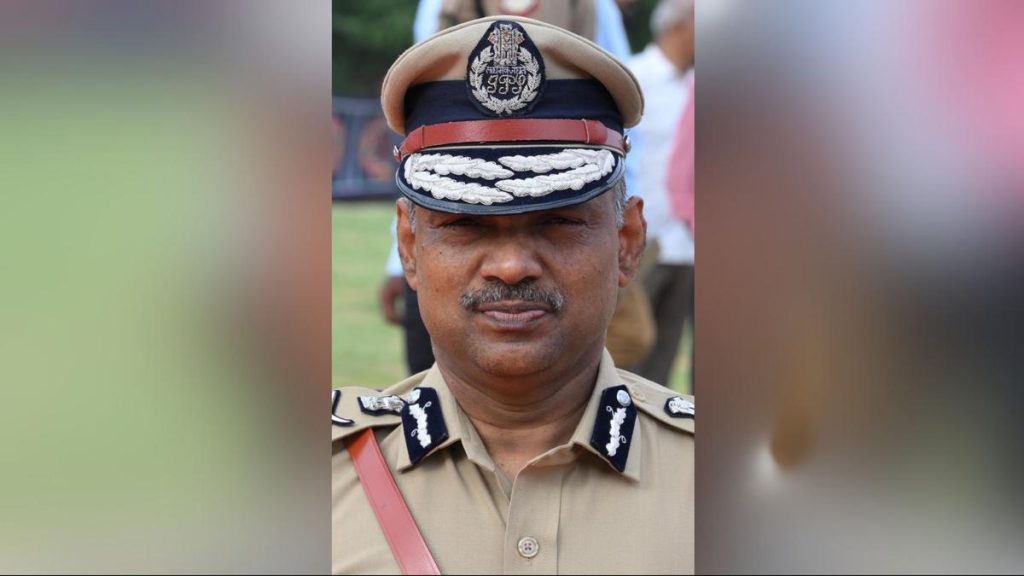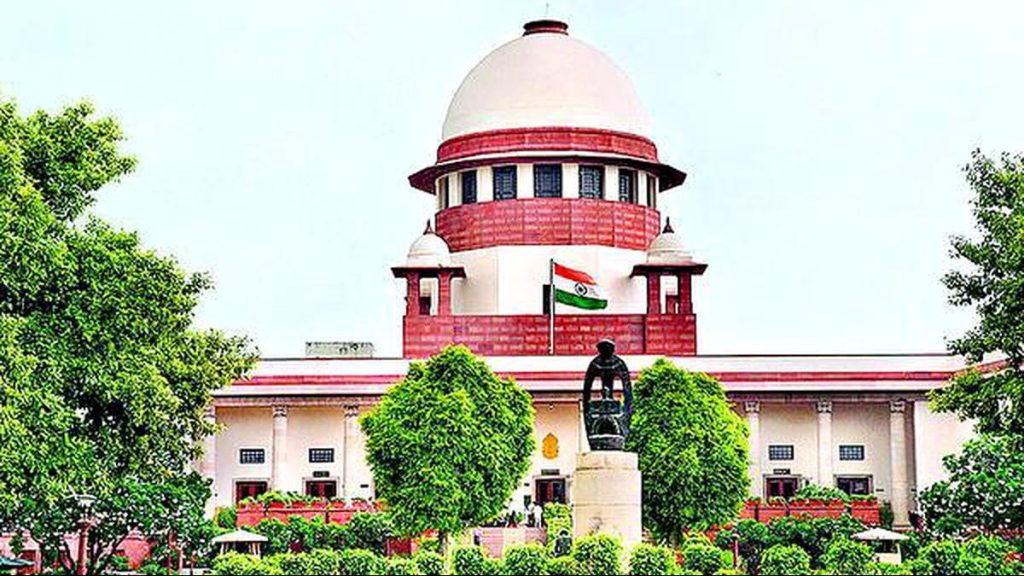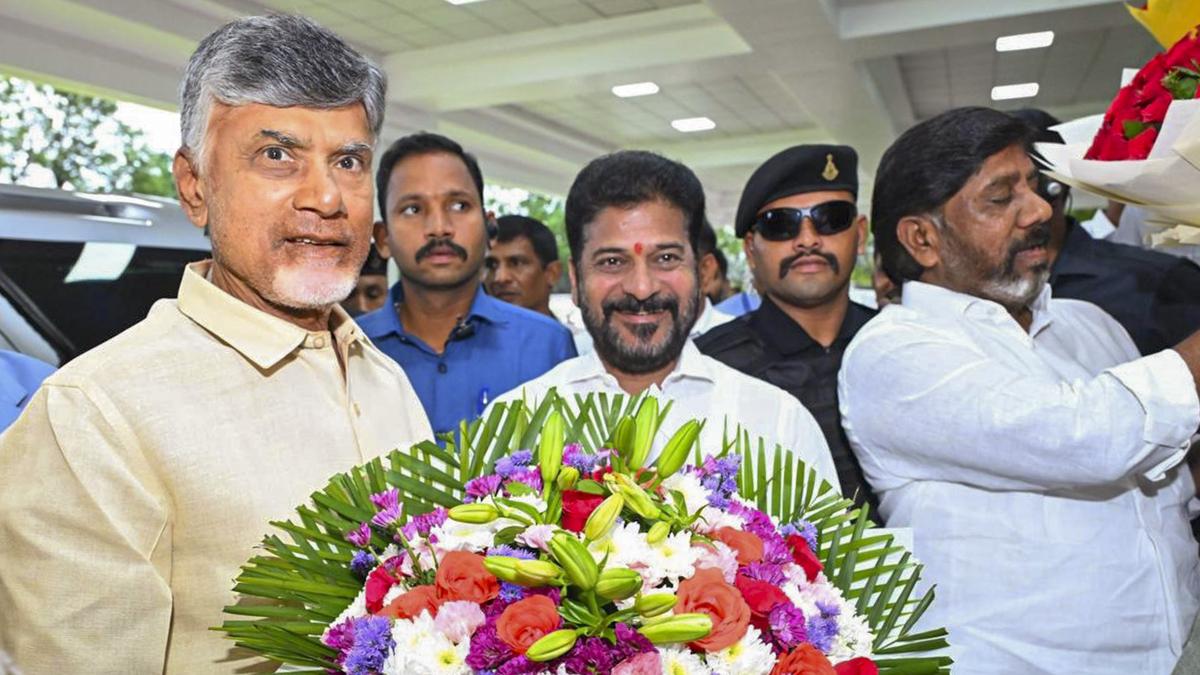Now Reading: Hope Rekindles for Malayali Nurse on Death Row in Yemen as Talks Advance
-
01
Hope Rekindles for Malayali Nurse on Death Row in Yemen as Talks Advance
Hope Rekindles for Malayali Nurse on Death Row in Yemen as Talks Advance

Fast Summary
- Nimisha Priya, a Malayali nurse facing execution in Yemen, may get reprieve thanks to interventions by Indian Grand Mufti Kanthapuram A.P. Aboobacker Musliar.
- Discussions are underway involving the family of the deceased Yemeni national adn Yemeni authorities,with a pivotal meeting scheduled for July 15,2025,at Damar in yemen.
- Mr. Musliar engaged his friend Sheikh Habib Umar-a prominent Yemeni scholar and member of the Yemen Shura Council-to mediate in the case.
- The victim’s family has shown willingness to reconsider their stance on nimisha’s execution after Mr. Umar’s intervention.
- The discussions aim to resolve the matter by perhaps accepting blood money as an alternative to execution.
- Separately, Mr. Musliar has requested that the Yemeni government stay Nimisha’s execution; this request is reportedly under consideration.
Indian Opinion Analysis
The case of Nimisha Priya highlights india’s role in advocating for its citizens abroad under challenging circumstances. While international laws respect local judicial processes like those governing Yemen’s tribal systems and sharia-based principles, diplomatic humanitarian efforts-such as those led by influential figures like Kanthapuram Musliar-can offer critical leverage. This approach not only demonstrates India’s commitment to protecting its citizens but also underscores how religious diplomacy can bridge cultural gaps when conventional state-to-state negotiations face limits.
Should blood money be accepted as a resolution mechanism here-a common practice in certain countries-it could open pathways for future cases involving Indians overseas who are entangled within foreign jurisdictions with distinct legal frameworks. However, such interventions must tread cautiously so as not to disrupt sensitive local dynamics or create diplomatic strain between nations involved.
Read more: Link
























